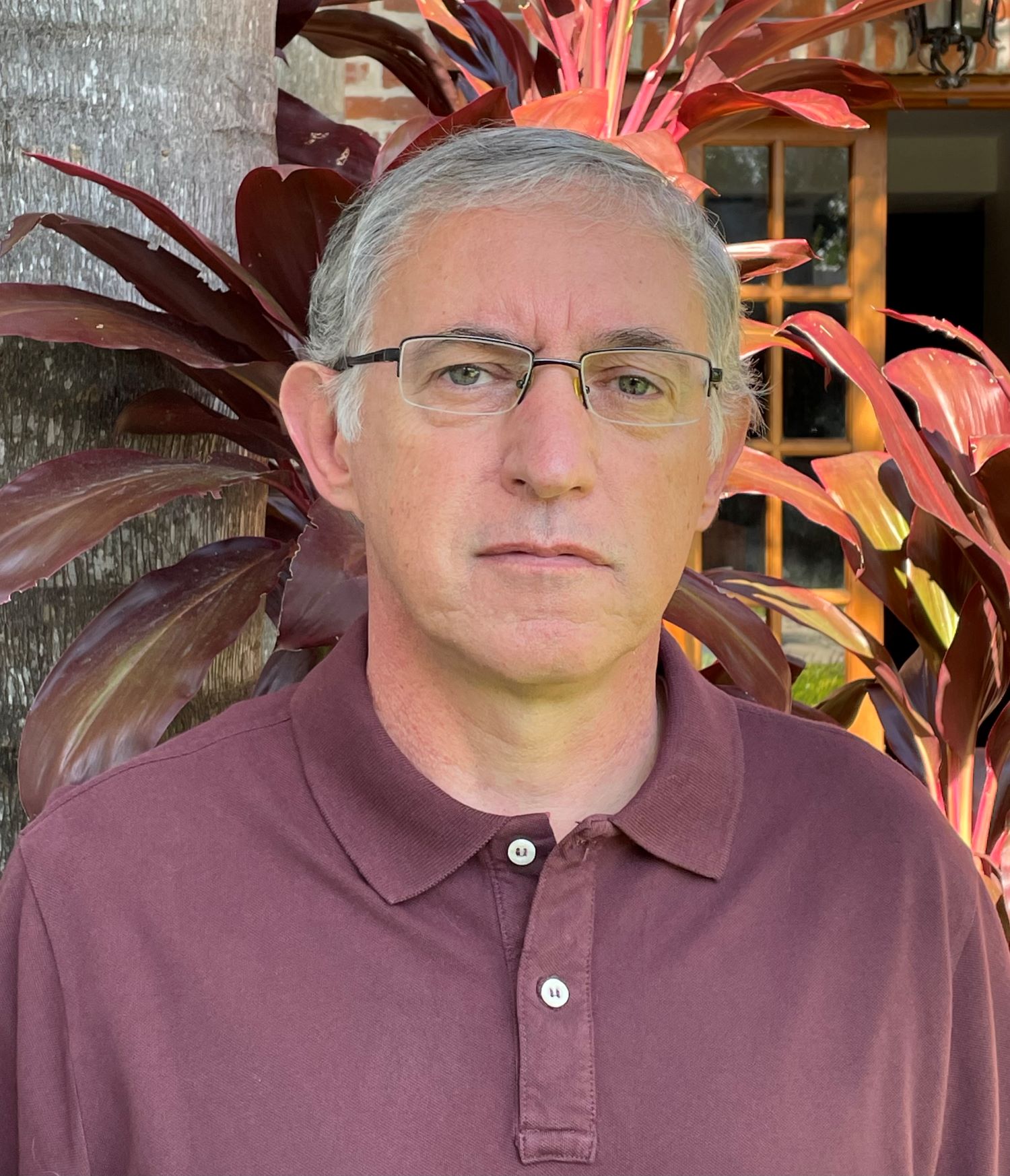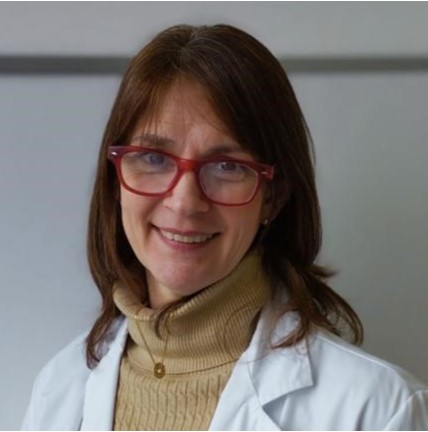LASSCD Committee
The mission of LASSCD is to enhance knowledge and understanding of celiac disease within Latin America, by promoting the establishment of specialized diagnostic and treatment centres, facilitating research endeavours, and informing on the best clinical care for celiac disease patients. LASSCD serves as a bridge between the medical and scientific communities in Latin America and ISSCD, striving to advance collaboration and exchange of expertise for the benefit of celiac disease patients across the region.
Since English language is a barrier for many Latin America members, educational activities will be orientated to disseminate information and activities in Spanish and Portuguese.
CHAIR: Fernando Chirdo, Argentina
Fernando Chirdo is a biochemist, and a doctor in biochemical sciences from the Faculty of Exact Sciences of the UNLP. He is principal investigator of CONICET (National Council Research and Technology) and professor of immunology at the Faculty of Exact Sciences, National University of La Plata, Argentina. He leads the research group “Immunobiology of the small intestine” at the Institute of Immunological and Physiopathological Studies (IIFP) (UNLP-CONICET), La Plata, Argentina.
He has appointments in international scientific organizations. Since 2002, he has been an Executive Member of the European Working Group on Prolamin Analysis and Toxicity (WGPAT). Since 2015, he has been a member of the membership committee of the Society of Mucosal Immunology (SMI), where he was councillor of the SMI board from 2019 - 2022.
In 2016, together with other Latin American scientists, he created the Latin American Mucosal Immunology Group (LAMIG). Since then, he has been Chair of LAMIG.
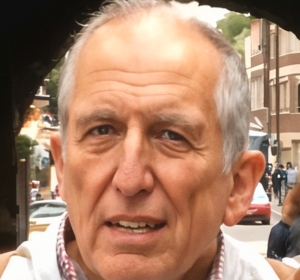 co-Chair: Julio Bai, Argentina
co-Chair: Julio Bai, Argentina
Professor Julio C. Bai is an emeritus professor of medicine at the University del Salvador in Buenos Aires, Argentina, as well as a consultant at the Dr. C. Bonorino Udaondo Gastroenterology Hospital. He graduated from the University of Buenos Aires in 1970, at the age of 22. He was also a visiting assistant professor at the University of Texas, Dallas. His areas of interest are: celiac disease, non celiac gluten sensitivity, diagnostic and follow-up markers, video capsule endoscopy, inflammatory bowel disease, abnormalities with the intestinal barrier, intestinal microbiota, probiotics and new therapeutics for celiac disease. He began researching celiac disease during his first years of residency and has published over 400 papers in internationally recognized journals.
 co-Chair: Edgardo Smecuol, Argentina
co-Chair: Edgardo Smecuol, Argentina
Dr Smecuol is the head of department of education and research at Udaondo Hospital, Buenos Aires, Argentina. He is the past president of the Argentine Society of Gastroenterology (SAGE) and served as honorary advisor of the Pan-American Gastroenterology Organization (OPGE) since 2012 and as a member of the international committee of the American Gastroenterology Association (AGA) since 2015, having been appointed Chairman of the AGA International Subcommittee. Dr Smecuol received recognition from his peers as "Master of Latin American Gastroenterology". His interests are pathologies affecting the small intestine, mainly celiac disease and other malabsorptive disorders. Dr Smecuol has published numerous articles in national and international indexed journals and has been called upon to develop several books on the specialty. Dr Smecuol has been invited as a speaker for numerous academic activities in Argentina, Latin America, the United States and Europe and several of his scientific works have been presented in different forums.
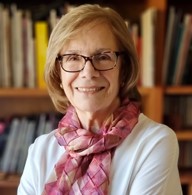 Magdalena Araya, Chile
Magdalena Araya, Chile
Magdalena Araya is a professor of pediatric gastroenterology at the University of Chile in Santiago. She leads the gastroenterology unit of the Institute of Nutrition and Food Technology and is also the president of Coacel, the Chilean Celiac Association. Additionally, she heads the working group formed by the Ministry of Health, the Institute of Public Health, and other entities involved in public health policies and programs related to food allergy, celiac disease, and disorders associated with gluten consumption and other food intolerances. Her current interests focus on evidence based research aimed at updating knowledge, clinical management, and public health policies to improve public awareness, under-diagnosis and treatment of affected groups, with the ultimate goal of enhancing their quality of life
 Danielle Kiatkoski, Brazil
Danielle Kiatkoski, Brazil
Dr Kiatkoski is a consulting physician for the Paraná Celiac Association ACELPAR and technical advisor for the National Federation of Celiac Associations of Brazil FENACELBRA. Member of the Celiac Disease Committee of the Brazilian Federation of Gastroenterology FBG and member of the Review Committee for the Clinical Protocol and Therapeutic Guidelines (PCDT) for Celiac Disease. Ministry of Health / SUS.
Maria Virginia Lopez, Uruguay
María Virginia López is an associate professor of gastroenterology of the Universidad de República, Uruguay. She conducts her clinical research activity with a particular focus on small bowel disease and celiac disease and she works with the celiac community on different events. She was president of SGU (Sociedad de Gastroenterología del Uruguay) and has published the latest Uruguayan guidelines to early detection, diagnosis and treatment of celiac disease.
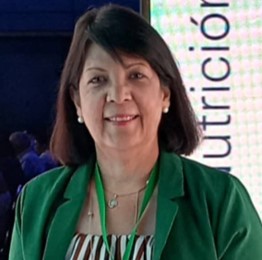 Dianora Navarro, Venezuela
Dianora Navarro, Venezuela
Dianora Navarro is a pediatric gastroenterologist and endoscopist, she works at the Dr. Miguel Pérez Carreño General Hospital, Caracas in Venezuela, and is a professor and coordinator of the postgraduate degree in gastroenterology and pediatric nutrition. She is an advisory member of the Celiacs Foundation of Venezuela, where she promotes knowledge of the disease for doctors and the community, as well as the organization and participation in screening sessions. Her activity also extends to the celiac disease working group of the Latin American Society of Gastroenterology, Hepatology and Pediatric Nutrition (LASPGHAN) where she intervenes in continuing medical education, research and writing information for health personnel and patients.
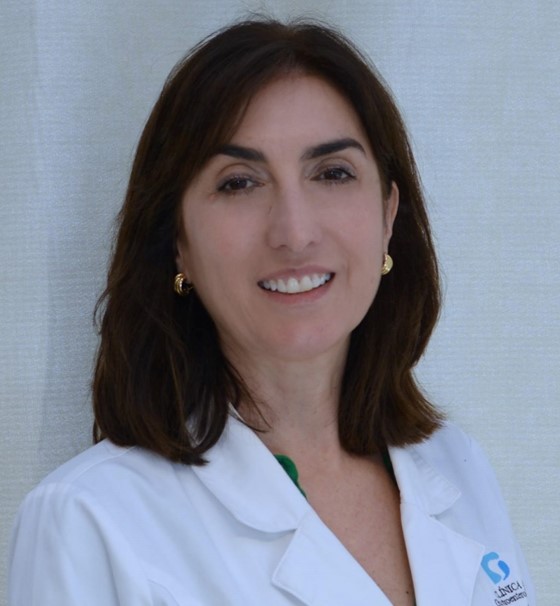 Carolina Olano, Uruguay
Carolina Olano, Uruguay
Dr Carolina Olano is professor of gastroenterology at the Universidad dela República (UDELAR), Montevideo, Uruguay. She graduated with a medicine (MD) degree and achieved a postgraduate degree in gastroenterology at the same university in 1993 and 1996, respectively. She has demonstrated a deep interest in GI education, achieving a master's degree at a private university in Montevideo (Universidad ORT) in 2010. Dr Olano is the current president-elect of the World Gastroenterology Organization. She is also a WGO “Train the Trainers” program faculty member and Chair of the Academy Task Force. She has held various positions in the organisation, including secretary-general, chair of the scientific program committee, and member of the IBS and Celiac Disease guidelines task forces. She received the "fellow" status from the American Gastroenterological Association in 2016 and the Rome Foundation in 2022. She is a member of the Rome V Overlap working team from the Rome Foundation and of the International Relationships Committee of the Pan-American Gastroenterology Organization. Her areas of interest are medical education, small bowel diseases and GBID (especially IBS).
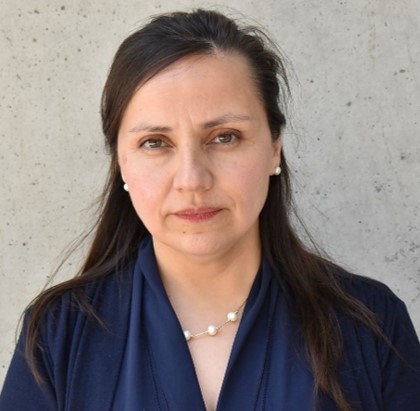 Alejandra Parada, Chile
Alejandra Parada, Chile
Alejandra Parada is an associate professor in the Department of Nutrition, Diabetes and Metabolism at the Pontificia Universidad Católica de Chile, Chile. She conducts her research, teaching and clinical activity in nutrition and gastrointestinal diseases, with special attention to celiac disease and inflammatory bowel disease. She is a member of the Chilean Nutrition Society and the Chilean Association of Clinical Nutrition and Metabolism and has participated in the clinical guidelines for the treatment of celiac disease in Chile.
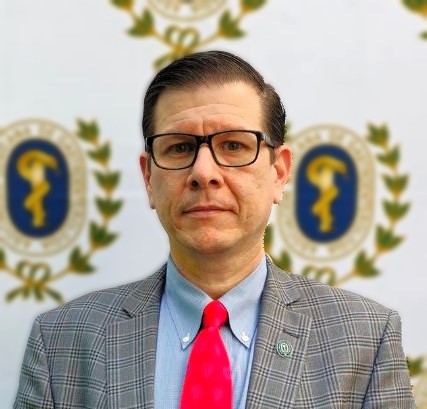 Jose Maria Remes Troche, Mexico
Jose Maria Remes Troche, Mexico
José María Remes-Troche, M.D., is a gastroenterologist and researcher residing in Mexico. He holds a medical doctor degree from Universidad Veracruzana, where he graduated with honors in 1995. He completed his residency in internal medicine and a fellowship in gastroenterology at Universidad Nacional Autónoma de México (UNAM) and Instituto Nacional de Ciencias Médicas y Nutrición, serving as chief resident in 2005. Dr Remes-Troche furthered his expertise with a master's in biostatistics from UNAM and a postdoctoral fellowship in neurogastroenterology and motility at the University of Iowa hospitals and clinics. Since 2007, he has been a full time investigator at the Medical Biological Research Institute of Universidad Veracruzana. He has received numerous awards, including the Young Investigator Research Award from the American Motility Society and the "Jon I. Isenberg" International Scholar Award from the American Gastroenterology Association. Dr. Remes-Troche has held editorial positions with various prestigious journals and has secured multiple research grants. He is a member of several professional associations and has over 256 publications indexed in PubMed, with significant contributions to the study of celiac disease. Additionally, he is a member of the Mexican Academy of Medicine, a national researcher level III by CONACYT, and will serve as the vice president of the Mexican Association of Gastroenterology in 2025.
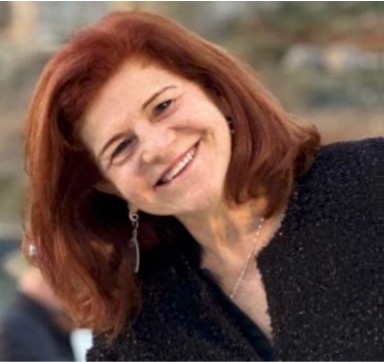 Vera Lucia Sdepanian, Brazil
Vera Lucia Sdepanian, Brazil
Vera Lucia Sdepanian is professor of pediatric gastroenterology at the Escola Paulista de Medicina - Federal University of São Paulo (EPM-UNIFESP), Brazil. She was head of this department from 2009 to 2016 and from 2021 to the present day. Her doctoral thesis, written in 1999, was on detecting gluten in food. She is a doctoral supervisor and director of the pediatric gastroenterology residency programme at the EPM-UNIFESP, and president of the pediatric gastroenterology section of the São Paulo Pediatric Society. She has been working with celiac disease patients since 1995 - Brazilian Celiac Disease Association and EPM-UNIFESP outpatients. She has published papers related to celiac disease, such as the evaluation of gliadin in supposedly gluten free foods prepared by celiac patients, evaluation of gliadin in pharmaceutical products, prevalence of celiac disease in Brazilian blood donors, serological screening for celiac disease in patients with recurrent aphthous stomatitis, genetic susceptibility in first degree relatives of celiac disease patients, genetic susceptibility to celiac disease in blood donors, bone mineral density of the lumbar spine in children and adolescents with celiac disease on a gluten free diet, sensitisation to wheat in celiac disease patients, and artificial intelligence techniques for diagnosing celiac disease.


